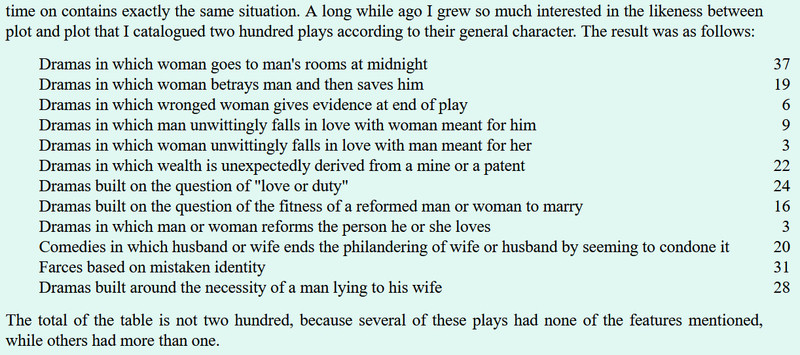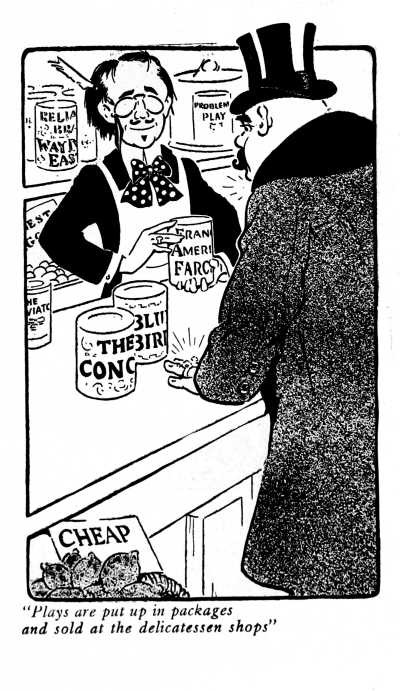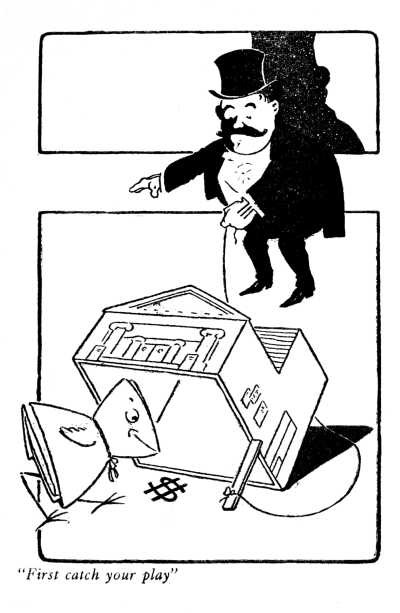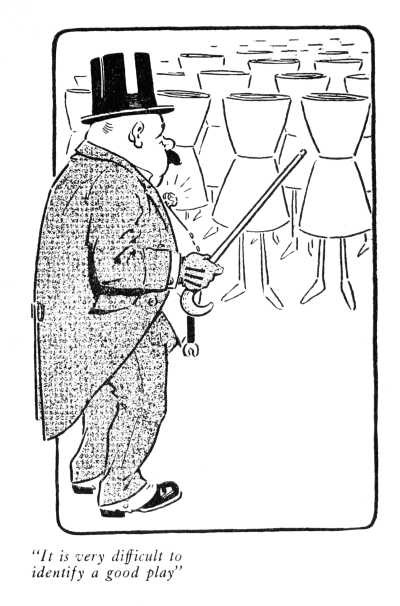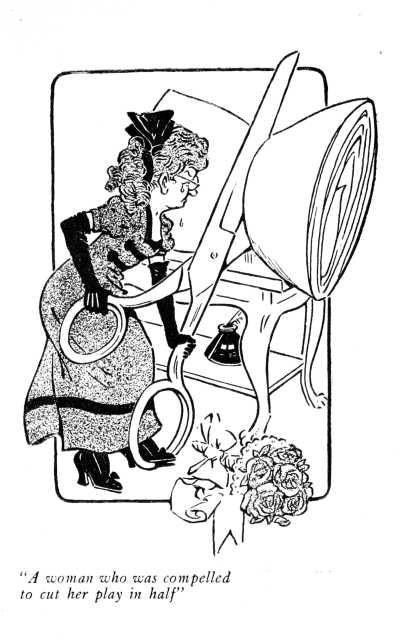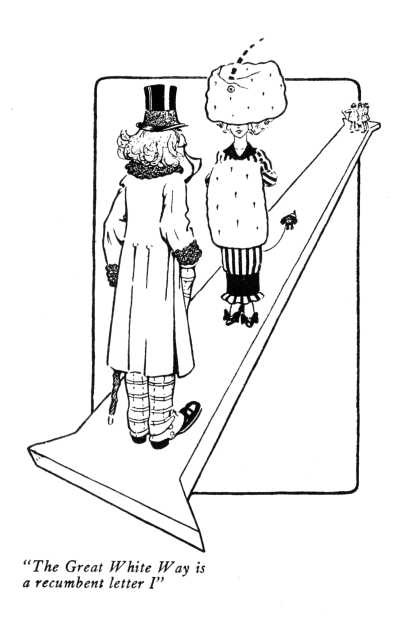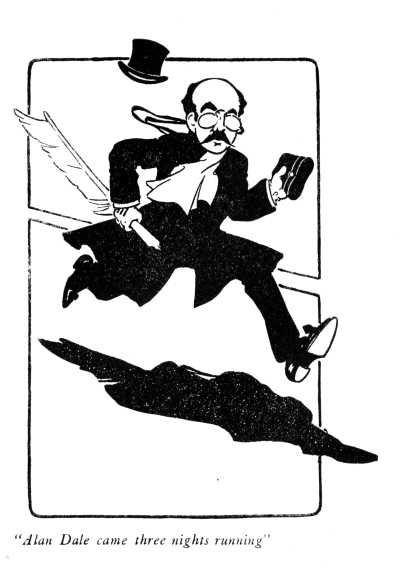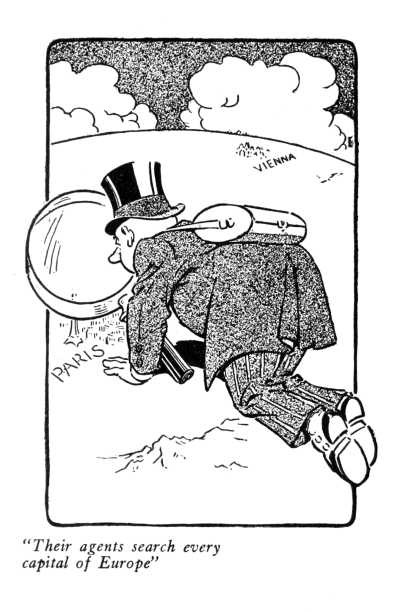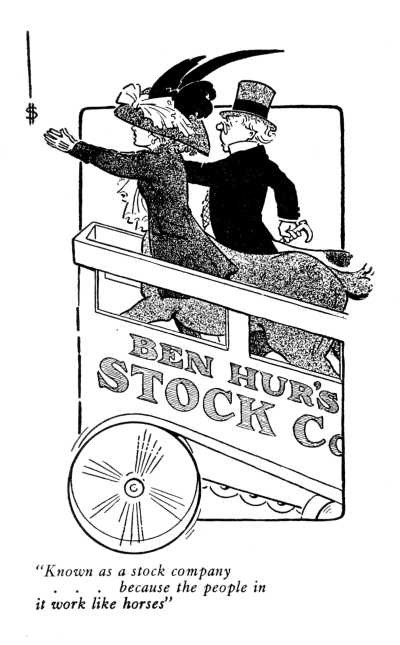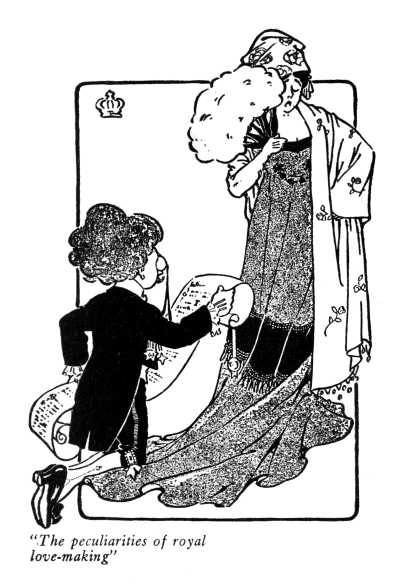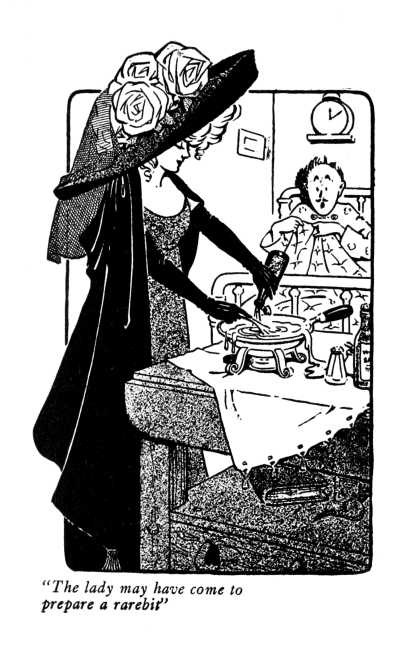 |
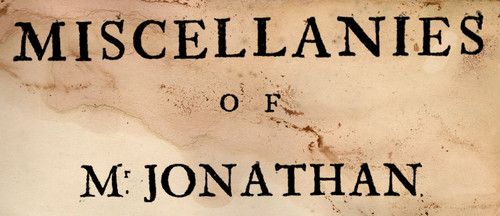
unearths some literary gems.
From The Footlights, Fore and Aft, by Channing Pollock:
***"Good wine", according to the poet, "needs no bush." With the same logic, one may argue that a good book needs no introduction.... But then—how be sure that it is a good book?Hallowed custom provides that every volume of essays—especially of essays on the theater—shall begin with a preface in which some celebrated critic dilates upon the cleverness of the author. However, celebrated critics are expensive, and, moreover, no one else seems to know as much about the cleverness of this author as does the author himself. In consequence of which two facts, I mean to write my own introduction.One obstacle appears to be well-nigh insurmountable. It will be easy to inform you as to my merits and my qualifications, but I don't quite see how a man can speak patronizingly of himself. And, of course, the patronizing tone is absolutely essential to an introduction. Nobody ever wrote an introduction without it. I shall do my best, but I hope you will be lenient with me in the event of failure.***There are not more than a dozen prominent managers and a score of well known playwrights in America; whoever elects to write a hundred thousand words about the theater must choose between mentioning these names repeatedly and inventing new ones.***"The capital I's", as someone has said of another series of articles, "flash past like telegraph poles seen from a car window."***Bronson Howard, asked to compile a book of rules for playwriting, declined on the ground that he feared being tempted to follow them.***The manner in which one author follows the lead of another, as demonstrated above, extends beyond the selection of such important things as stories, and reaches even to titles. Ten years ago we couldn't have a name without the word "of" in it. On the bill-boards were advertised "The Whitewashing of Julia", "The Manoeuvres of Jane", "The Superstitions of Sue", "The Stubbornness of Geraldine" and a score of others. Then somebody christened a charming sketch "Hop-o'-My-Thumb", and for a while it seemed that we could get nothing but hyphenated titles, such as "Alice-Sit-by-the-Fire" and "All-of-a-Sudden-Peggy."***Parisians call their actors "M'as-tu-vu", which means "Have you seen me?" That is because the first question a French actor asks is "Have you seen me in such-and-such a role?" Your true American actor doesn't waste time with a question of that sort. He feels a peaceful certainty that not to know him argues yourself unknown, and he wouldn't like to hint at such obscurity for an acquaintance. Take all the talk of all the year on The Great White Way, run it through a wringer, and you will have that same letter I, with vanity dripping from every inch of the texture.***One of the mechanical effects in this piece was a bicycle race, during which the contestants pedaled wildly on stationary machines. The effect of passing landscape was given by a panorama and a fence that moved rapidly in the opposite direction. At least, they were supposed to move in the opposite direction, but on the occasion of which I speak they didn't. The race became one between the bicyclists and the surrounding country, and the surrounding country was far in the lead when an irate stage manager rang down the curtain.***Occasionally, the lady, or the gentleman, or both, are quite innocent of wrong-doing. The lady may have come to save the reputation of another lady, or to prepare a rarebit, but when the husband has tracked her by the fan that years of Wilde have not taught such callers to hide with them.... [Another passage that I think we may have seen in before (in Smart Set)--but now with a terrific illustration!]***[Many attachments attached, most of them illustrations--which were the best thing about this book, imho. I've selected liberally, but you can find the complete set at https://www.gutenberg.org/cache/epub/40148/pg40148-images.html . Note that in the text, "three nights running" had the conventional meaning of "three nights in a row," but of course I love how it was (mis)interpreted in the drawing.][Bonus: two actual Broadway play titles, "It's All Your Fault" and "We Can't Be as Bad as All that!"]
|




